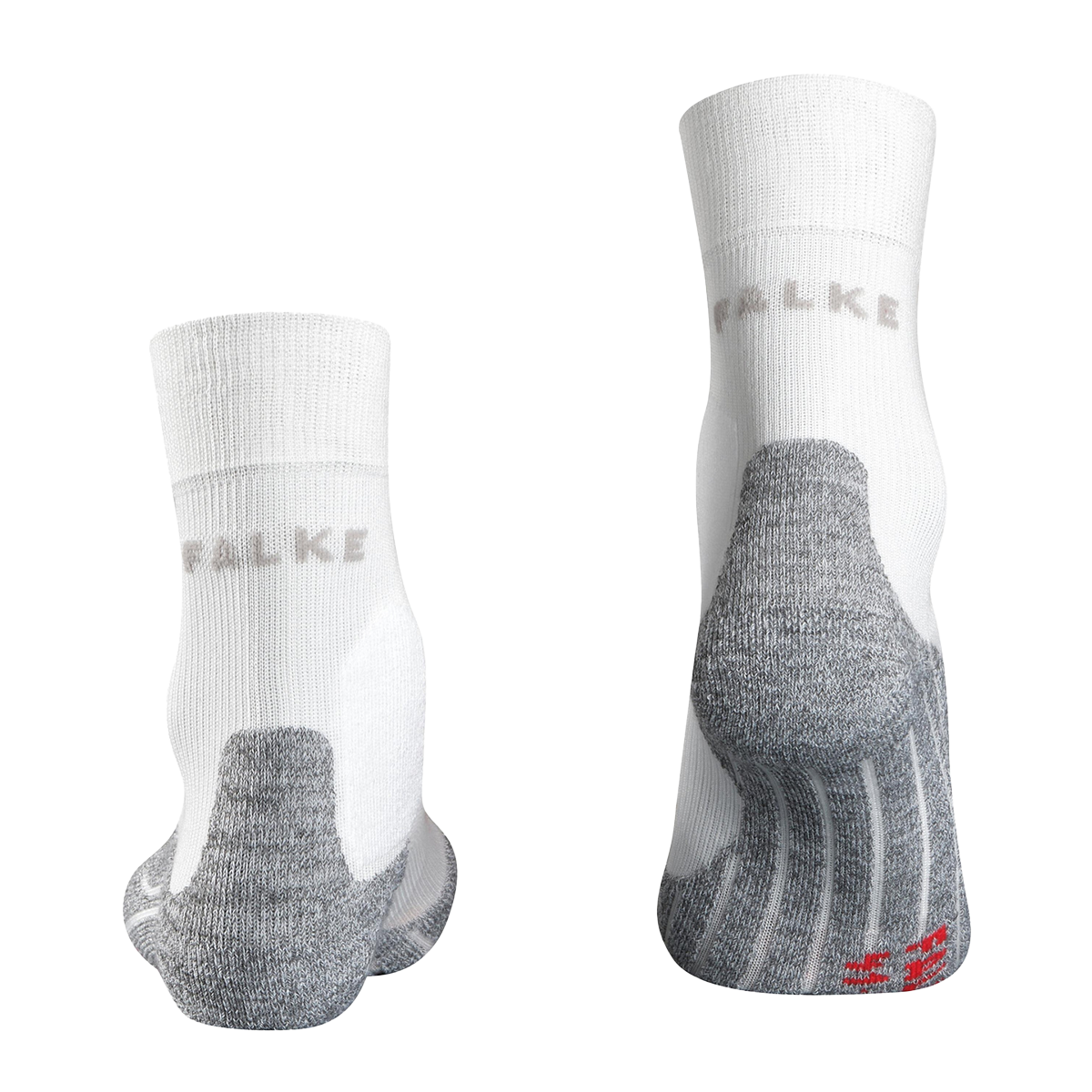Running is more than a physical act—it’s a journey of self-discovery, mental toughness, and growth. Yet, staying motivated isn’t always easy, especially when the miles feel endless or external challenges arise. That’s where finding your “why” comes in. Your “why” is the inner drive that pushes you forward, a purpose that transforms running into a meaningful experience. In this guide, we’ll explore how uncovering your unique motivation can empower you to push through obstacles and make every stride more fulfilling.
THE IMPORTANCE OF FINDING YOUR WHY: THE BENEFITS OF PURPOSE-DRIVEN RUNNING

Your “why” is the emotional or mental driver that inspires you to keep lacing up your shoes, even on tough days. It’s the deeper reason that fuels your passion for running, turning it into a sustainable and rewarding practice. Finding your purpose does more than enhance your runs—it helps you thrive in every aspect of life. Here’s how purpose-driven running can transform your experience:
- INCREASED RESILIENCE: Purpose keeps you grounded and motivated through challenging runs.
- MENTAL CLARITY: Running with intent helps you reduce stress and gain perspective.
- STRONGER CONNECTIONS: Sharing your “why” fosters a sense of belonging within the running community.
When your runs are guided by a clear purpose, you’ll find yourself surpassing limits, achieving personal bests, and embracing the process with a renewed sense of joy.
DISCOVERING YOUR MOTIVATORS: THE KEYS TO PURPOSEFUL RUNNING

Uncovering your unique motivation begins with reflection. Use these strategies to connect with your purpose and solidify what running means to you:
-
REFLECT ON YOUR PAST RUNS
Think back to the runs that left you feeling accomplished and fulfilled. What made those moments special? Consider your mental and emotional state before, during, and after those runs. Acknowledging the impact each run has on your journey will help you identify patterns that bring meaning to your routine. -
SET PERSONAL GOALS AND ALIGN THEM WITH YOUR VALUES
Write down your running goals, whether it’s completing a race, improving mental health, or simply enjoying the process. Then, think about your core values—health, mindfulness, adventure, or achievement—and connect them to your running practice. When your values and fitness goals align, every run becomes a step toward a bigger purpose.
- ASK YOURSELF KEY QUESTIONS
- Why did I start running?
- How have my goals evolved throughout my journey?
- What do I hope to gain from running in the future?
- What lessons or strengths do I want running to teach me?
-
TEST YOUR WHY IN PRACTICE
Start documenting your runs in a journal. Reflect on how aligning each run with a purpose makes you feel physically and mentally. Adjust your routine based on what resonates most with you. For example, if mindfulness becomes your priority, incorporate meditation or intentional breathing practices into your runs.

TOP MOTIVATIONS FOR RUNNERS: WHY PEOPLE KEEP RUNNING
Finding your “why” can feel daunting at first, especially if you’re new to running or haven’t taken the time to reflect on what drives you. However, many runners draw inspiration from common motivations that fuel their passion for the sport. Here are some powerful reasons that keep runners lacing up their shoes:
-
FINDING PEACE IN THE MOMENT:
Running offers a meditative escape, quieting the noise of everyday life. The rhythm of your breath and footsteps creates a calming space for self-reflection and mindfulness.
-
ESCAPING REALITY:
Running can serve as a much-needed retreat from life’s stressors. It’s a time to temporarily leave behind the demands of work, family, or responsibilities and focus solely on the road or trail ahead. For some, this escape provides a fresh perspective, helping to reduce anxiety and reframe challenges with a clearer mind.
-
MAKING A PLAN AND STICKING TO IT:
There’s something deeply satisfying about setting a goal—whether it’s running a specific distance, hitting a target pace, or simply sticking to a routine—and following through. The discipline of adhering to a running plan builds a sense of accomplishment that transcends the sport.
-
THE FEELING OF ACCOMPLISHMENT:
Few things match the pride of achieving a running milestone. Whether it’s crossing the finish line of a marathon, hitting a personal best, or completing your first mile without stopping, each success builds confidence and motivation. These moments of triumph remind runners that they’re capable of more than they once believed, fueling a desire to keep pushing their limits.
-
KNOWING THEY CAN DO HARD THINGS:
Running isn’t always easy—it challenges both your body and mind. But it’s in overcoming those challenges that runners discover their true strength. Tackling a grueling workout, enduring harsh weather, or conquering self-doubt teaches resilience that extends beyond running. Each tough run reinforces the mantra: "If I can do this, I can handle anything."

DO THE HARD THINGS
Once you’ve discovered your “why,” let it guide every run. Here’s how to maintain a purposeful running mindset:
- CREATE A MANTRA: Develop a phrase tied to your purpose (e.g., “I run for strength” or “I can handle this”) and repeat it when runs get tough.
- VISUALIZE YOUR GOALS: Picture what you’re working toward before each run to stay focused and motivated.
- SET MICRO-GOALS: Align smaller objectives, like improving pace or enjoying the scenery, with your larger purpose.

SHARE YOUR WHY
Purpose becomes even more powerful when it’s shared. Open up about your motivators with friends or your running group, inspiring others to reflect on their own. Share your journey on social media to foster connection and support. When the focus shifts from just performance to intentionality, the running community becomes stronger and more inclusive.































